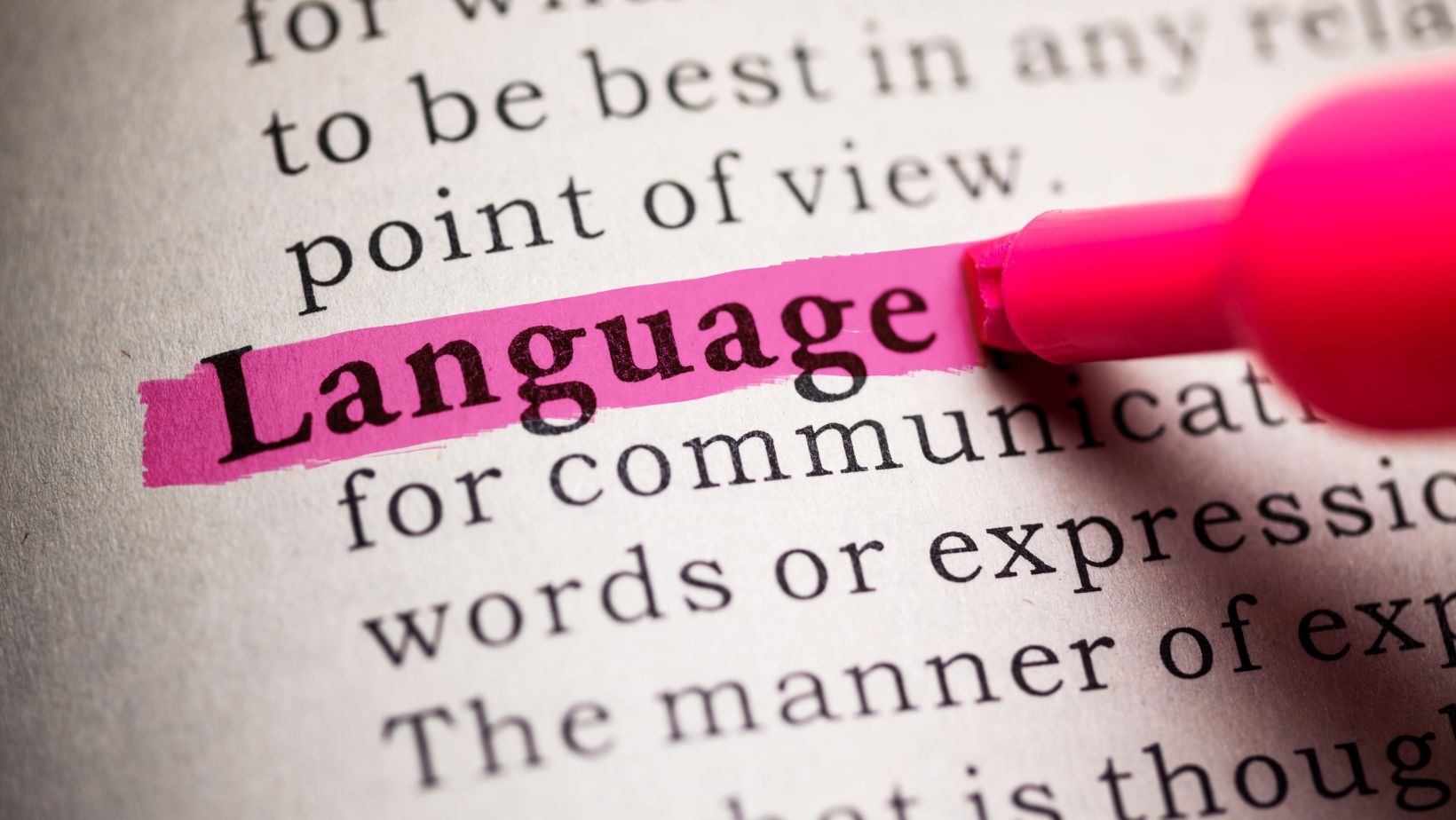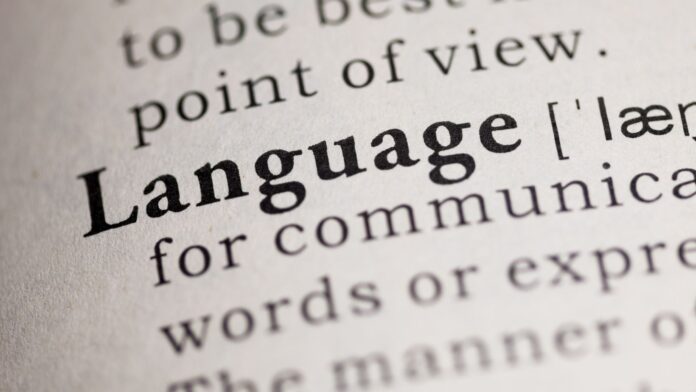Singapore is a melting pot of cultures and languages, making it a fascinating place to explore linguistically. As an expert blogger, I’ve delved into the topic of what language is spoken in Singapore, and I’m excited to share my findings with you. In this article, I’ll provide you with a concise overview of the languages spoken in Singapore, shedding light on its unique linguistic landscape.
When it comes to language in Singapore, diversity is the name of the game. Being a multicultural society, Singapore boasts four official languages: English, Mandarin Chinese, Malay, and Tamil. This linguistic diversity reflects the country’s rich heritage and the influence of its various ethnic communities. In this article, I’ll delve into each of these languages, highlighting their importance and usage in different contexts.
What Language Do They Speak in Singapore
Geography and Demographics
Singapore, a vibrant city-state located in Southeast Asia, is known for its diverse culture and rich heritage. Situated at the tip of the Malay Peninsula, the island nation boasts a strategic location that has contributed to its economic success.
With a land area of just 721.5 square kilometers, Singapore is one of the smallest countries in the world. Despite its size, it has a population of over 5.7 million people, making it one of the most densely populated nations globally. This diverse population consists of various ethnic groups, including Chinese, Malay, Indian, and Eurasian, which gives Singapore its unique cultural tapestry.
History and Colonial Influence
The history of Singapore is marked by its colonial past, which has left a lasting impact on the island nation. In the early 19th century, Singapore was established as a trading post by the British East India Company. Under British rule, Singapore flourished as a trading hub and port, attracting migrants from different parts of Asia.
During the colonial period, English became the language of administration and commerce. The British education system introduced English as the medium of instruction in schools, laying the foundation for its widespread usage. Over time, English emerged as the lingua franca of Singapore due to its practicality and global significance.

Official Languages of Singapore
As a linguistically diverse country, Singapore boasts four official languages: English, Malay, Mandarin Chinese, and Tamil. Each language plays a crucial role in different aspects of Singaporean society, contributing to the vibrant linguistic landscape of the nation.
English
English, as the primary language of administration, business, and education, holds significant importance in Singapore. It emerged as the lingua franca during the colonial period and has remained a dominant language due to Singapore’s strategic location and thriving economy. It is the language used in government proceedings, official documentation, and the education system. English proficiency is highly valued and considered essential for international communication, making it widely spoken among the population.
Malay
Malay, Singapore’s national language, holds a special place in the country’s history and culture. It is the official language of the Malay community and serves as a bridge between Singapore and its Southeast Asian neighbors. Malay is used extensively in various domains, such as government policies, religious ceremonies, cultural events, and the media. It contributes to the preservation of Singapore’s multicultural heritage and fosters a sense of identity among its Malay-speaking population.
Mandarin Chinese
Mandarin Chinese, widely spoken among the Chinese community in Singapore, has become increasingly important in recent years. As China’s influence in the global economy grows, proficiency in Mandarin opens up opportunities for business and trade with China. Mandarin Chinese is taught in schools and used in the media, giving it a significant presence in Singaporean society. Fluency in Mandarin allows individuals to connect with the Chinese community and stay informed about developments in the Chinese-speaking world.


